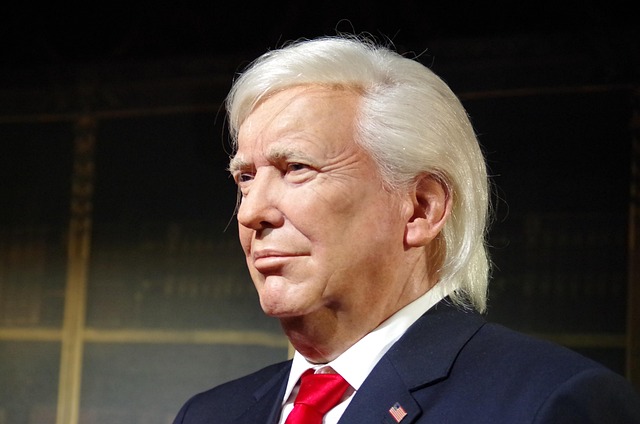Consumer Protection Law Pakistan 2025 Changes
Introduction
The legal landscape in Pakistan is evolving rapidly, especially in the area of consumer rights. With the Consumer Protection Law Pakistan 2025 changes, the government has taken a strong step toward safeguarding buyers from unfair trade practices, misleading advertisements, and defective products. These changes not only benefit ordinary citizens but also push businesses to operate with more transparency and accountability. In this article, we will explore the key updates introduced in 2025, why they matter, and how both consumers and businesses can prepare for them.
Background of Consumer Protection in Pakistan
Consumer protection laws in Pakistan have historically varied across provinces, with separate acts implemented in Punjab, Sindh, Khyber Pakhtunkhwa, and Baluchistan. While these frameworks existed, enforcement was often weak, and many consumers remained unaware of their rights. The Consumer Protection Law Pakistan 2025 changes aim to harmonize and strengthen these fragmented laws, bringing them closer to international standards of fairness, safety, and transparency.
Key Highlights of the 2025 Changes
-
Standardized Federal Framework
For the first time, Pakistan has introduced a unified federal-level framework. This means that instead of scattered provincial rules, businesses and consumers across the country will follow consistent guidelines. This step eliminates confusion and sets a common benchmark for consumer rights. -
Stricter Penalties for Misleading Advertisements
One of the most notable Consumer Protection Law Pakistan 2025 changes is the introduction of heavy fines against false or exaggerated advertisements. Brands can no longer make deceptive claims about products or services. Violators may face fines up to PKR 5 million and even temporary bans from advertising. -
Mandatory Product Labeling and Transparency
Businesses are now required to provide clear labeling, including expiry dates, ingredients, warranty details, and manufacturing information. This is especially important in sectors like food, pharmaceuticals, and electronics. -
Digital Consumer Protection
With e-commerce growing rapidly, the law has expanded its scope to cover online transactions. The Consumer Protection Law Pakistan 2025 changes make it mandatory for online sellers to provide genuine product information, refund policies, and secure payment methods. -
Faster Complaint Resolution System
Previously, consumer courts in Pakistan were often slow and overloaded. The updated law establishes digital complaint portals and fast-track mechanisms to resolve cases within 90 days.
Why These Changes Matter
The Consumer Protection Law Pakistan 2025 changes are not just legal updates—they are a reflection of Pakistan’s commitment to building trust between businesses and consumers. Stronger protections mean buyers can make informed choices without fear of exploitation. On the other hand, honest businesses benefit because unethical competitors are penalized.
For example, an online shopper who receives a fake mobile phone can now file a complaint through an online portal and expect a resolution within a few months. Similarly, misleading food advertisements are more likely to face immediate legal action, preventing harm to public health.
Impact on Businesses
While consumers clearly benefit from these reforms, businesses also need to adapt quickly. Compliance with the new requirements may involve additional costs—such as improving labeling systems, updating websites, and training staff. However, these investments will pay off in the long run by building credibility.
Companies that fail to adjust to the Consumer Protection Law Pakistan 2025 changes risk not only fines but also reputational damage. Customers are more aware of their rights than ever before, and a single complaint can spread quickly on social media.
Role of Consumers
The law alone cannot bring change without active participation from consumers. Citizens must learn about their rights, report violations, and use the complaint resolution system effectively. The Consumer Protection Law Pakistan 2025 changes empower individuals to hold sellers accountable—but awareness campaigns and legal education are essential for this empowerment to succeed.
Challenges Ahead
While the reforms are promising, challenges remain. Limited resources for enforcement, lack of awareness in rural areas, and resistance from certain industries may slow implementation. Furthermore, courts will need to stay committed to resolving cases within the new timelines.
Still, the Consumer Protection Law Pakistan 2025 changes provide a strong foundation for progress. If effectively enforced, they could drastically improve consumer confidence in Pakistan’s markets.
Conclusion
The Consumer Protection Law Pakistan 2025 changes mark a turning point for both consumers and businesses. With stricter penalties, better labeling, digital protections, and faster complaint systems, Pakistan is aligning itself with global standards of fairness and accountability. For consumers, this means greater security in everyday purchases. For businesses, it means an opportunity to build trust and stand out through compliance and ethical practices.
Ultimately, these reforms reflect a vision of a fairer marketplace—one where rights are protected, responsibilities are clear, and justice is accessible.














Post Comment